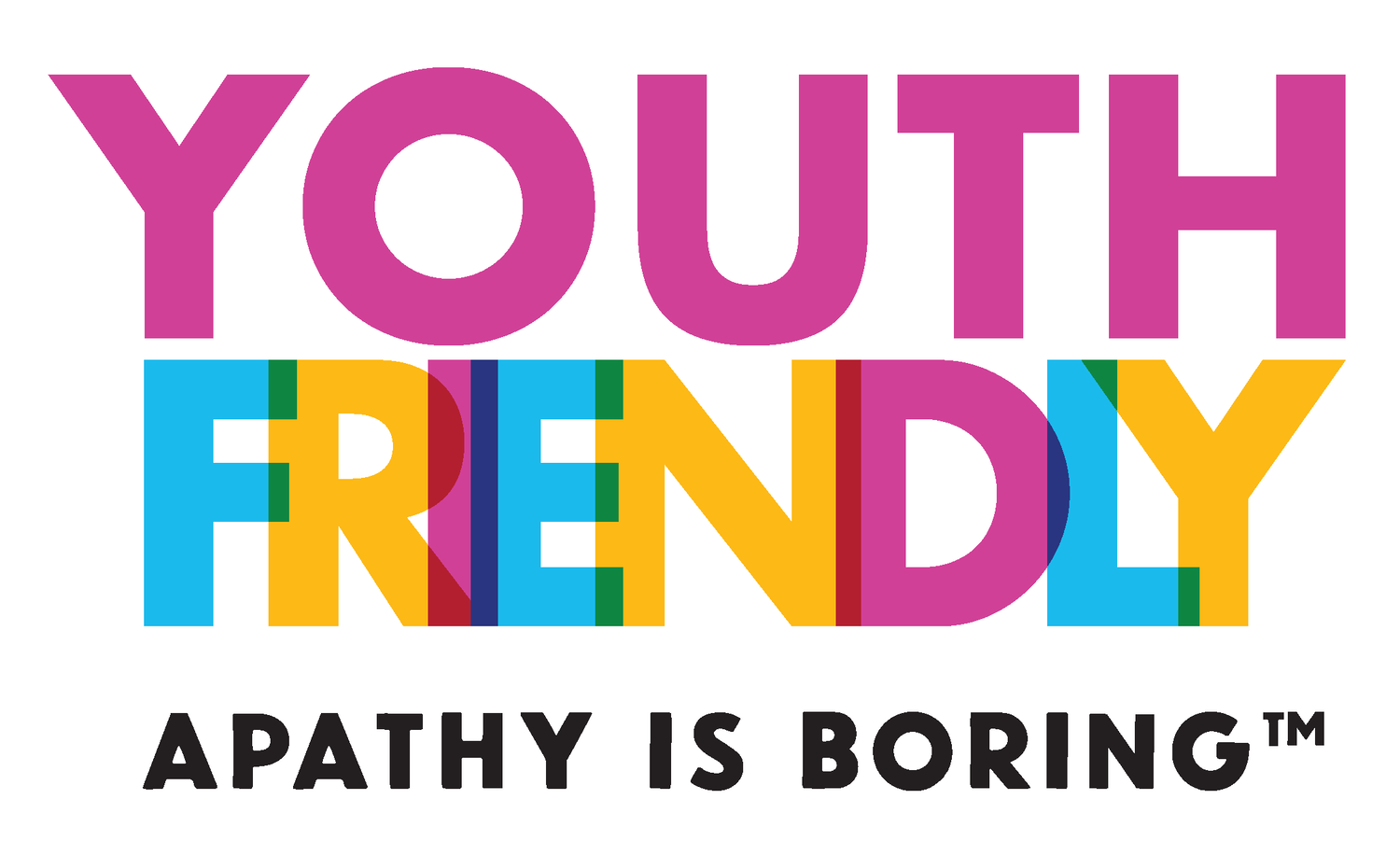Q&A With Youth Environmental Advocate Nicholas Flowers
Nicholas paddling in a Kayak near Hopedale. Respecting the ocean is a very important part of environmental stewardship. Photo by Valerie Flowers.
Youth recognize meaningful environmental action, because many of us are working to combat climate change in little ways within our own lives. 18-year old advocate Nicholas Flowers is a prime example of a young environmental change-maker. Growing up in Hopedale, a town in Nunatsiavut, Newfoundland and Labrador, he learned about respecting the Earth from his Inuit elders and heritage. He has since developed a passion for environmentalism and is dedicated to learning more about climate change. In 2019, Flowers attended Students on Ice, an annual Arctic and Antarctic expedition that helps inform students of environmental issues and teaches them how to protect the land. After finishing his first year studying environmental science at Memorial University, Flowers says he feels inspired by the power of young people coming together to preserve the environment. We chatted with Flowers about how he thinks organizations can engage young people through sustainability efforts.
When it comes to implementing sustainability practices and environmental initiatives, how do you think organizations can meaningfully engage youth?
“I think getting the youth’s opinion is really important, for example, that could be through questionnaires or surveys before a project begins. When it comes to projects that may cause environmental impact — like oil extracting or mining — it's really important for these projects to get the youth’s opinion, but also a community's opinion. If people will be extracting in an Indigenous community, it's important to understand and respect their values of the land first. When it comes to environmental initiatives, organizations should come to youth and ask what they think would be the best for the future, and get them involved in as many projects as possible. Because when youth are included, they feel that they are a part of the future, and then they have more confidence. It's important for organizations to take into consideration the mindsets and opinions of the youth so that their rights and values can be respected.”
What does it say to youth when organizations actively show that they care about the environment?
“I think it says a lot. It really shows that the environmental aspect is respected and that the organizations care for the youth and for the rising generation. It shows that there's respect for the land and the resources. And I think what's most important is finding ways to work on projects that engage youth in a collaborative space and promote health and well-being. That's really what matters most at the end of the day: getting youth involved so that they know that they are leaders. Because everyone is a leader in their own way, and everybody has rights, values and beliefs that need to be respected. It’s very important to make sure that the youth know what projects are taking place and that elders know too because that way, youth and elders can connect and it shows that we are all a community.”
How can settlers support Indigenous climate organizing?
“It's so important to first recognize and understand the respects of an Indigenous community. For example, if there was a project proposed to go into an area that has previously only been known by Indigenous lifeways and is a pristine landscape that hasn't been altered by any projects, it's important to respect that there is wildlife and the land is living. The land is very respected by us because it has always been taught that land is sacred by our elders. If settlers are planning a project on the land of an Indigenous community, it's important that they work together with the Indigenous communities, both youth and elders alike, and get the opinions of all community members, so that the wildlife, the plants, the waters and the land can all be respected and in a healthy and balanced way. For many generations, Indigenous peoples have been good cultural and environmental stewards of the land. And it's important to take time to learn about the stories, the languages and the culture and to try to understand that the land means so much to the people. Without the land, there would be no people. The land needs to be respected first before starting any projects.”
What’s the biggest takeaway organizations should have when it comes to working with youth on environmental practices?
“It's so important that youth know that there is a space to feel safe and to work together so that we all can respect one another, cherish each other's beliefs and make the world a safer place. It's important that respect is always number one.”
This interview has been edited and condensed for clarity.

